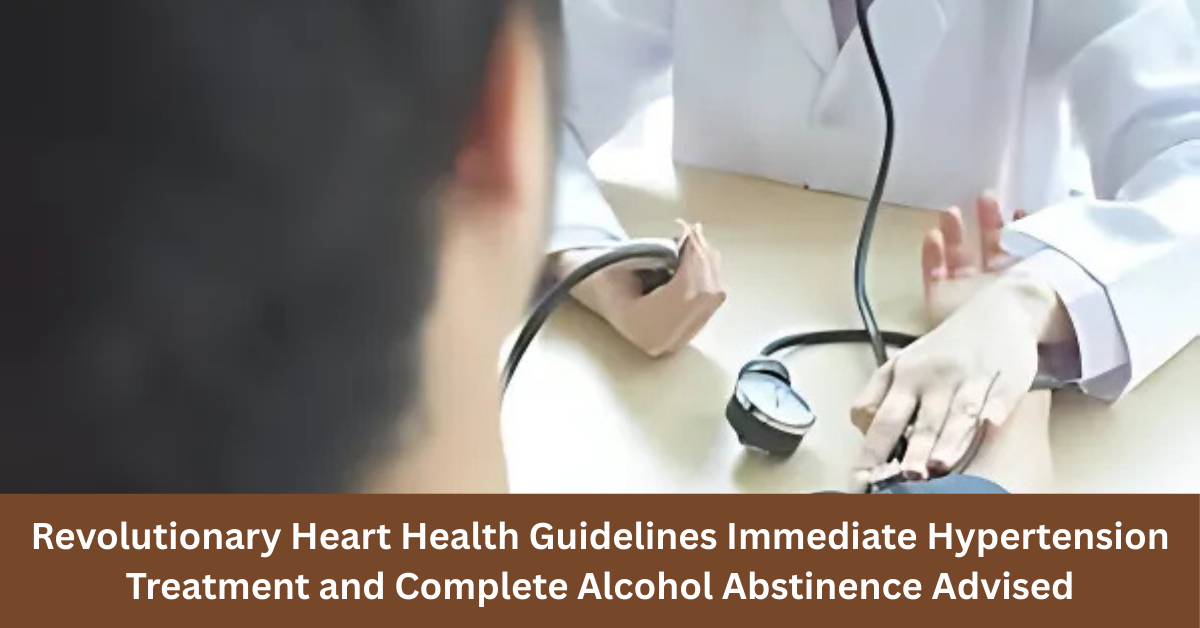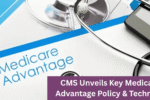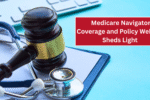The landscape of cardiovascular health is undergoing a significant transformation as leading cardiology organizations team up to introduce groundbreaking hypertension guidelines. These new recommendations emphasize the urgency of immediate treatment for high blood pressure and advocate for complete abstinence from alcohol to enhance heart health outcomes. Designed to curb the rising tide of heart disease, these guidelines aim to provide clearer, more effective strategies for healthcare providers and patients alike.
Hypertension has long been recognized as a major risk factor for heart attacks, strokes, and other serious complications. Recent studies have prompted experts to reevaluate traditional approaches, leading to these more stringent recommendations. By combining early intervention with lifestyle modifications such as zero alcohol consumption, the proposed guidelines seek to dramatically reduce cardiovascular risks and set a new standard in preventive care.
Understanding the Urgency Behind Immediate Hypertension Treatment
Hypertension, or high blood pressure, affects millions and is often dubbed the “silent killer” due to its lack of obvious symptoms. Delaying treatment can lead to irreversible damage to vital organs including the heart, kidneys, and brain. The new guidelines stress that any elevated blood pressure readings should prompt swift medical action to prevent long-term consequences.
Historically, treatment was sometimes deferred until blood pressure reached more severe levels, but updated research reveals that even mildly elevated levels contribute significantly to cardiovascular events. Immediate treatment not only slows the progression of hypertension but also improves overall survival rates.
Why Zero Alcohol Use Is Now a Core Recommendation
Alcohol consumption has traditionally been thought to have a mixed relationship with heart health. Recent insights clarify that even moderate drinking can elevate blood pressure and counteract the benefits of hypertension treatment. The new guidelines therefore recommend total abstinence from alcohol as a key preventative measure.
Reducing alcohol intake to zero is shown to lower blood pressure, improve the effectiveness of medications, and decrease the risk of developing other heart-related conditions. This represents a paradigm shift, particularly for younger adults who may engage in social drinking without understanding its impact on cardiovascular health.
Comparing Old vs. New Hypertension Guidelines in a Nutshell
| Aspect | Previous Guidelines | New Proposed Guidelines |
|---|---|---|
| Treatment Threshold | Blood pressure above a certain higher level often required before medication | Immediate treatment recommended at first signs of elevated blood pressure |
| Alcohol Consumption | Moderate drinking sometimes accepted or even encouraged | Zero alcohol use strongly advised |
| Lifestyle Modifications | Suggested alongside medication but with varied emphasis | Mandatory component of hypertension management |
| Focus Population | Primarily older adults and high-risk individuals | All adults, with special attention to younger populations |
Statistics Highlighting the Impact of Hypertension and Alcohol
Current data shows that nearly half of adults in the US experience elevated blood pressure levels that increase their cardiovascular risk. Hypertension accounts for a significant proportion of heart attacks and strokes, with millions diagnosed each year. A substantial percentage of these cases also report habitual alcohol use, which exacerbates their health conditions.
Studies indicate that even light-to-moderate alcohol consumption can raise systolic and diastolic blood pressure measurements. Conversely, complete abstinence has been linked to meaningful reductions in blood pressure and improved medication response rates. These compelling numbers underline the importance of the new guidelines for public health.
Practical Tips for Individuals Adapting to the New Guidelines
For many, embracing immediate treatment and zero alcohol use may feel daunting. However, simple lifestyle changes can make this transition manageable and effective. Some key strategies include regular blood pressure monitoring, consulting healthcare providers promptly when elevated readings occur, and exploring alternative social activities that don’t involve alcohol.
Incorporating a heart-healthy diet rich in fruits, vegetables, and whole grains complements these guidelines. Stress management techniques and consistent exercise also play vital roles in maintaining optimal blood pressure levels without relying solely on medications.
How Healthcare Providers Will Implement These Guidelines
Doctors, nurses, and health systems are preparing to adopt the new hypertension protocols by updating clinical workflows and patient education materials. Emphasis will be placed on early diagnosis and intervention, as well as comprehensive counseling on alcohol cessation.
Training programs will be introduced to equip healthcare professionals with tools to support patients through behavioral changes, alongside pharmacological strategies. This integrated approach aims to improve patient adherence and achieve better cardiovascular outcomes.
Impact on Younger Generations and Long-Term Heart Health
Younger adults, often overlooked in traditional hypertension management, stand to benefit significantly from these changes. Early treatment and lifestyle adjustments can prevent irreversible arterial damage and reduce lifetime risk of cardiovascular disease. Educational campaigns targeted at millennials and Gen Z emphasize the value of heart health awareness from an early age.
Introducing zero alcohol consumption to younger populations also curbs the cultural normalization of drinking, fostering healthier habits that protect heart health well into later years.
Addressing Common Concerns and Misconceptions
Some individuals worry that immediate medication will lead to lifelong dependence or unnecessary side effects. The guidelines clarify that treatment plans are personalized and include careful monitoring to balance benefits and potential risks. Starting treatment early can often reduce the overall intensity of medication needed.
Regarding alcohol, it’s important to note that these recommendations reflect evidence showing no safe threshold for drinking when managing hypertension. Abstaining completely may seem strict, but it offers the best chance for controlling blood pressure effectively.
The Future of Hypertension Care: What to Expect Next
As these new guidelines become widely adopted, the healthcare system anticipates a gradual decline in hypertension-related complications. Continuous research will monitor outcomes and refine recommendations further. Technology such as wearable devices and telehealth will also support real-time blood pressure management and lifestyle coaching.
Patients and providers alike can expect more collaborative, proactive strategies that prioritize prevention and sustained wellness over reactive treatment.
Conclusion: A New Chapter in Cardiovascular Health
The collaboration between the American Heart Association and major cardiology groups marks a pivotal moment in the fight against hypertension and heart disease. By recommending immediate treatment and zero alcohol use, the updated guidelines set a bold tone for improving heart health nationwide.
While challenging, these changes offer a promising path to reduce cardiovascular risks significantly, especially among younger individuals. Embracing these recommendations can lead to healthier lives and a future with fewer heart disease-related emergencies.




